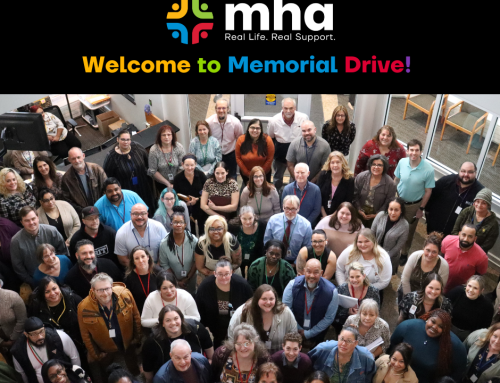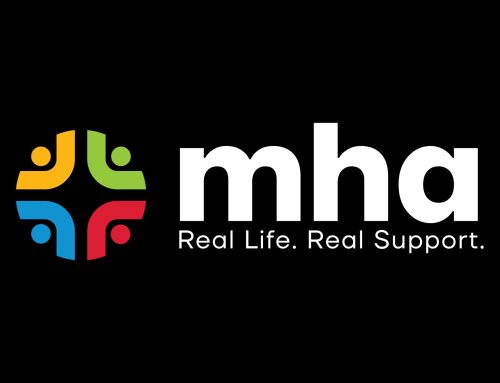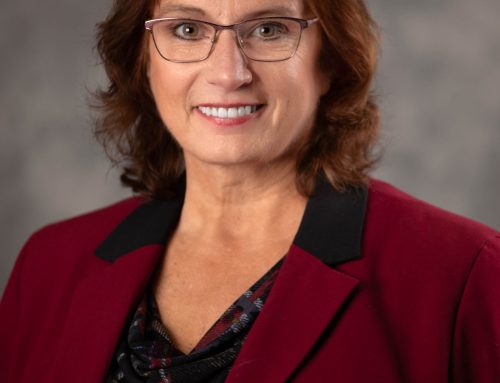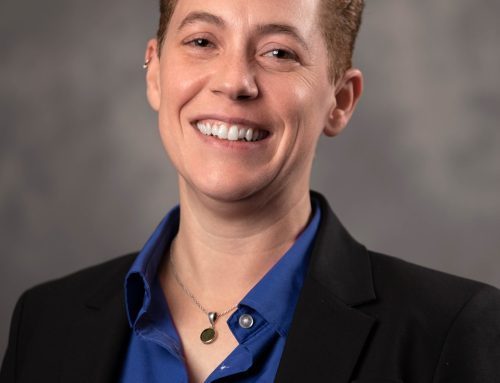MHA, Cambridge Credit Counseling Partnering
Two Non-Profits with Aligned Missions Find Multiple Ways to Work Cooperatively
SPRINGFIELD, MASS. – By leveraging their organizations’ complementary services, Springfield-based Mental Health Association and Agawam-based Cambridge Credit Counseling Corp. are working cooperatively to provide a range of mental health and financial counseling services to their clients, current employees and new hires. For example, MHA now is able to refer employees and/or clients who find themselves financially stressed directly to Cambridge, a non-profit debt relief agency while Cambridge Credit Counseling Corp is able to refer clients who are experiencing “debt stress” to MHA’s Emotional Health and Wellness Center, Bestlife.
“People who are struggling with their financial health often find themselves facing high levels of stress,” said Gordon Oliver, Director of Business Development for Cambridge Credit Counseling Corp. “There’s actually a name for what they’re experiencing: Debt Stress. The concerns arising from their financial situation can leave them ridden with anxiety. Because so many people with debt problems feel so much stress, I wanted to see about how MHA and Cambridge could work together to make mutual referrals. In addition to supporting MHA employees who are facing debt stress, I was also interested in exploring opportunities where Cambridge staff members working with clients may sense that they may benefit from having a conversation with a Best Life clinician.”
“It’s remarkable how much our missions are aligned,” said Kimberley A. Lee, VP Resource Development & Branding for MHA. “Cambridge Credit Counseling is also a non-profit organization dedicated to improving the lives of those they serve. Now one of the ways MHA can help people live their best life is by partnering with Cambridge to help them mitigate their debt stress with a combination of guidance, support and experience working with lenders to create debt relief solutions. MHA is excited about teaming up with Cambridge to help with our staff and participants who may be struggling with their finances. And Cambridge will have access via referral to mental health counseling and support services offered by Team MHA.”
“One thing that people experiencing debt stress need is hope,” said Alane Burgess, MA, LMHC,
Clinic Director for MHA’s Bestlife Emotional Health & Wellness Center. “With our new connection through Cambridge Credit Counseling, people have access to the mental health support services via a referral that can help provide that sense of hope. For people wondering how they will ever get out of their debt or how they will learn to manage their finances, Best Life clinicians and mental health counselors can start a conversation geared toward helping them see how it can get better because they are taking smart, solid steps to reach their goals. Building that understanding is a fundamental component of relieving stress.”
Oliver pointed out that, for a variety of reasons, debt levels actually went down throughout the pandemic. “Many people got unemployment compensation and stimulus payments, and some were making more money than when they were working,” he explained. But those supports are ending and people are starting to wonder what is coming down the road. If people have debt problems, they can reach out to Cambridge. A key piece of advice we’re giving now is to be careful with overspending on summer vacations and activities. Yes, people have been cooped up and with COVID easing they want to celebrate in a big way. The difficulty comes when they overextend financially by borrowing more than they can easily repay. Also remember that student loan payments, which were deferred during the pandemic, are coming back and you need to include those payments in your budget. Especially now, it’s important that you create a budget and stick to it.”
According to Lee, the partnership between MHA and Cambridge Credit Counseling blossomed as a result of Cambridge choosing to support MHA’s work with a $5,000 sponsorship of the Wellness Classic Golf Tournament, MHA’s largest annual fund raising event. “It is extremely reassuring that there are organizations like Cambridge that believe in the good work MHA does and the benefits of finding help for individuals who don’t feel the way they want to emotionally. When we started the conversation with Cambridge, there was no hesitancy. Our teams committed to learning more about each other and all those opportunities for synergy and alignment. We are thrilled to be able to bring their service to our clients, our current employees, and our new hires, and just as thrilled to provide access to our full range of mental health services to Cambridge, their team and their clients.”
About Cambridge Credit Counseling
Cambridge Credit Counseling is a non-profit debt relief agency with a mission to help individuals get out of debt fast, while giving them the tools and support they need to stay debt free forever. Cambridge is not a loan company; we do not lend money. These are some benefits that typical clients enjoy:
- Average credit card interest rates reduced from 22% down to 8%
- Average monthly credit card payments reduced by 25%
- Average debt repayment in just 48 months or less
To find out of debt consolidation is the right solution, call (800) 235-1407 to speak with a certified counselor, or visit https://www.cambridge-credit.org/ Cambridge will never share your information with anyone.
Contact: Kimberley A. Lee
VP Resource Development & Branding
413-233-5343
klee@mhainc.org
About MHA:
What We Do
MHA (Mental Health Association) helps people live their best life. We provide access to therapies for emotional health and wellness; services for substance use recovery, developmental disabilities and acquired brain injury; services for housing and residential programming, and more. With respect, integrity and compassion, MHA provides each individual served with person-driven programming to foster independence, community engagement, wellness and recovery.
Why We Matter
The youth, adults, seniors and families we serve want the same things in life as anyone: to have friends, work, go to school, have meaningful relationships, express themselves (and be heard), and be accepted in their community for who they are. With our help and resources from a caring community, people can live their potential, in their community, every day.
How We Think
Starting in the 1960s, MHA’s groundbreaking efforts and advocacy helped to transition people away from institutional living to a life in our community. This became a model for the deinstitutionalization movement. Today, our leadership continues to advance awareness of mental health conditions and needs at local, regional and national levels. We drive compassionate care for those challenged by mental health, developmental disabilities, substance use, homelessness, acquired brain injury and more.
